Mastering the Art of Macaron Baking
Macarons are a delicate and delightful French confection that have captured the hearts and taste buds of dessert lovers worldwide. These little meringue-based treats come in a variety of flavors and colors, making them not only delicious but also visually stunning. However, making perfect macarons can be a challenge. This article will guide you through the process of mastering the art of macaron baking.
Ingredients
- Almond Meal - finely ground, about 150g
- Icing Sugar - about 150g
- Egg Whites - 2 to 3, at room temperature
- Granulated Sugar - for the meringue
- Food Coloring - optional, but recommended
- Flavoring - such as vanilla, lemon, or matcha powder
Equipment
- Parchment paper or silicone baking mats
- Piping bag and round nozzle
- Digital scale for precise measurements
- Stand mixer or hand mixer
- Sifters
- Macaron mat or template (optional)
Steps to Perfection
-
Prepare Your Ingredients
Sift the almond meal and icing sugar together three times to ensure there are no lumps. This is crucial for the smooth texture of your macaron shells.
-
Make the Meringue
In a stand mixer, whip the egg whites until they start to froth. Gradually add in the granulated sugar while continuing to whip until you achieve stiff peaks.
-
Fold in the Almond-Sugar Mixture
Gently fold the sifted almond meal and icing sugar mixture into the meringue. This is called the "macaronage" process. Be careful not to overmix or undermix; the batter should flow like lava.
-
Add Flavor and Color
Once the batter is well combined, add your chosen flavoring and food coloring. Mix gently until evenly distributed.
-
Pipe the Macarons
Line a baking sheet with parchment paper or a silicone mat. Pipe small, even circles of batter onto the lined sheet, using a template or a consistent wrist motion.
-
Let Them Rest
Allow the piped macarons to rest at room temperature for 30 minutes to an hour. This is known as "skinning" and is essential for the formation of the macaron's characteristic "feet."
-
Bake to Perfection
Preheat your oven to 300°F (150°C). Bake the macarons for about 12-18 minutes, or until they have risen and are no longer soft to the touch.
-
Cool and Fill
Let the macarons cool completely on the baking sheet before gently lifting them off with a spatula. Match similar-sized shells and fill them with your favorite buttercream, ganache, or jam.
-
Final Touches
Once filled, allow the macarons to set for a few hours or overnight in the refrigerator. This will help the filling to firm up and create a perfect bite.
Common Pitfalls and Solutions
- Hollow Shells: This can be caused by overmixing the batter. Make sure to mix until it flows like lava, not beyond.
- Cracked Shells: Often due to uneven oven temperatures. Rotate your baking sheet halfway through the baking time.
- No Feet: Not enough resting time can cause this. Ensure your macarons have "skinned" properly before baking.
- Oil Separation: This can happen if egg whites are not at room temperature or if there's too much moisture in the ingredients. Allow ingredients to come to room temp and ensure they're dry.
Tips for Success
Practice is key when it comes to making macarons. Don't be discouraged by early failures. Each batch will teach you something new. Also, remember that the quality of your ingredients, particularly the almond meal and egg whites, can greatly affect the outcome. Happy baking!
Conclusion
Mastering the art of macaron baking is a journey that requires patience, precision, and a lot of love for these delicate treats. With the right ingredients, equipment, and techniques, you'll be on your way to creating beautiful and delicious macarons that are sure to impress.
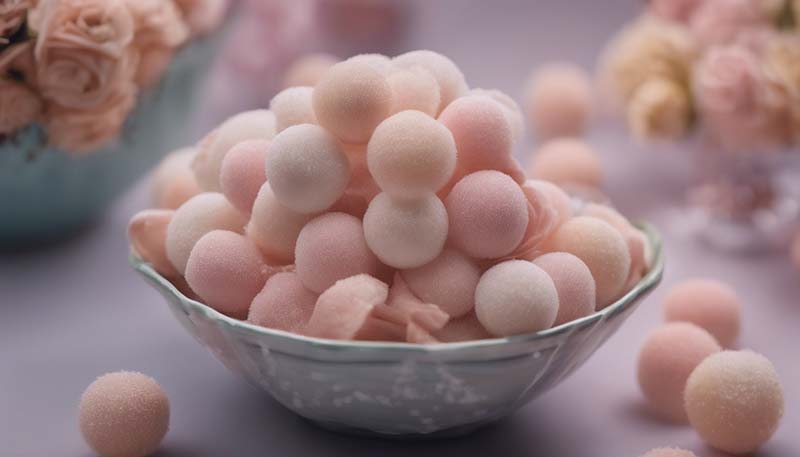
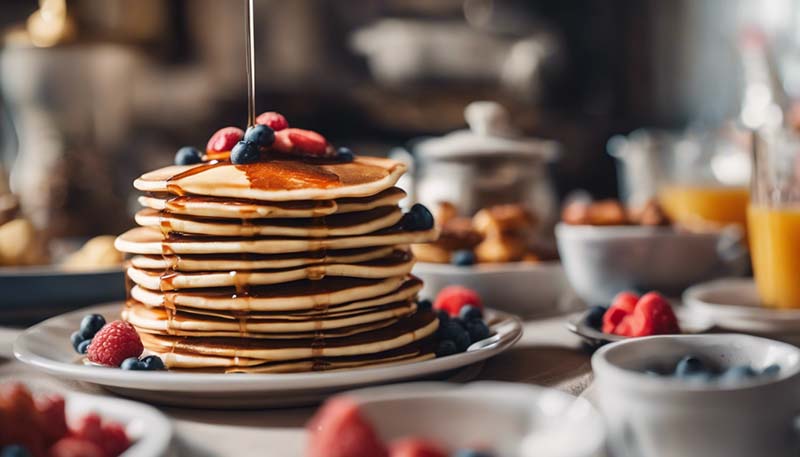
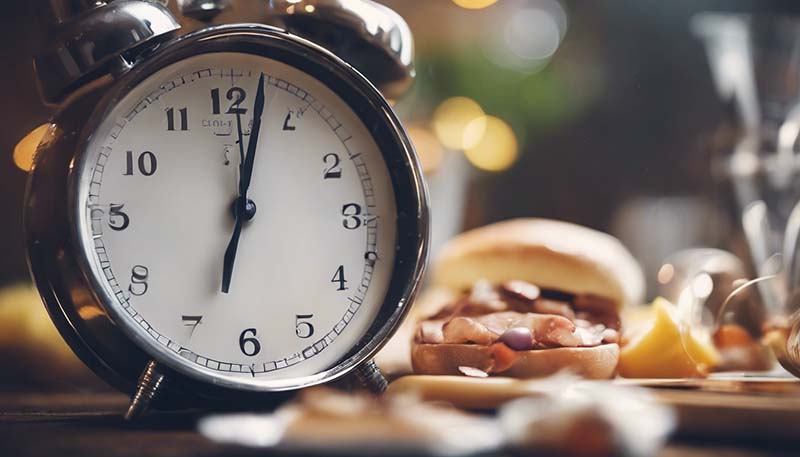
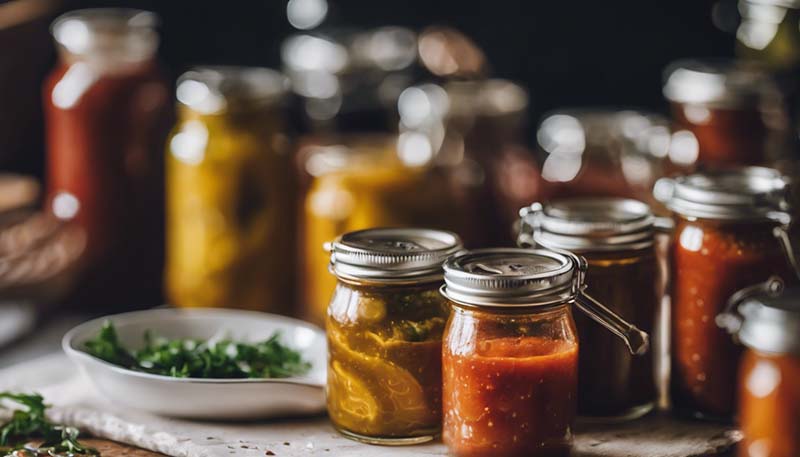
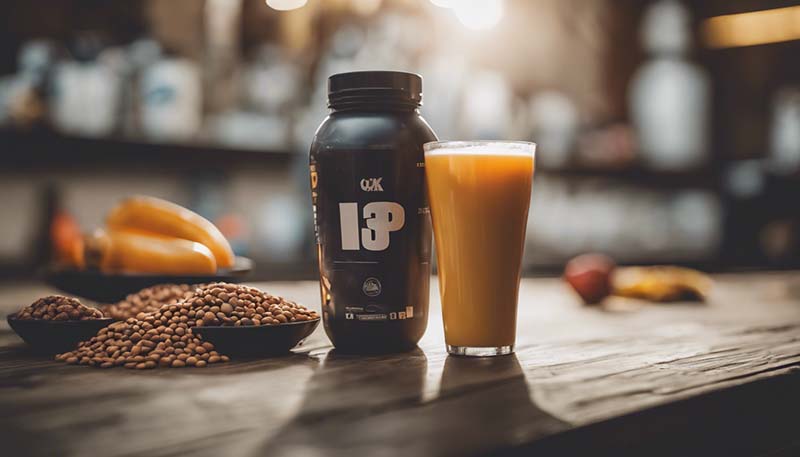
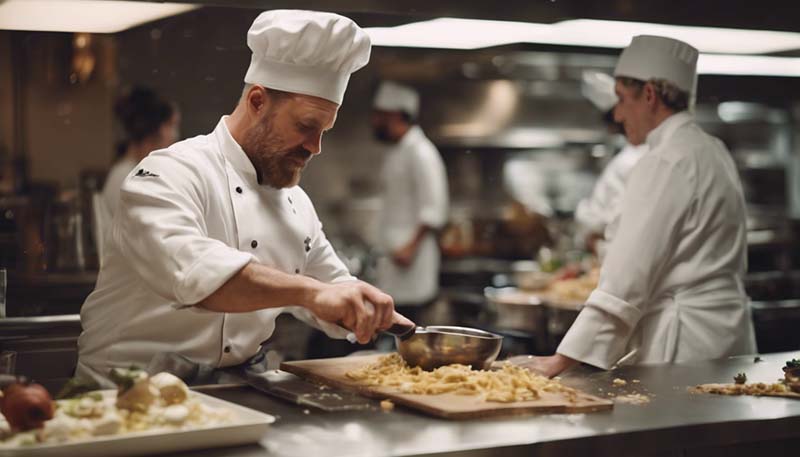

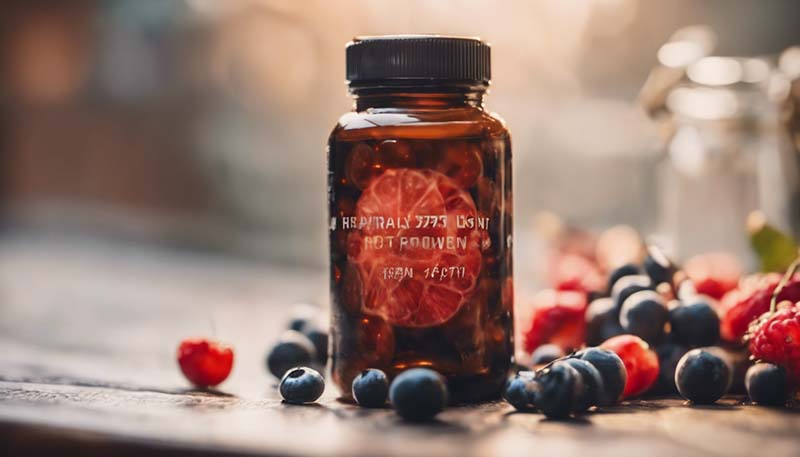
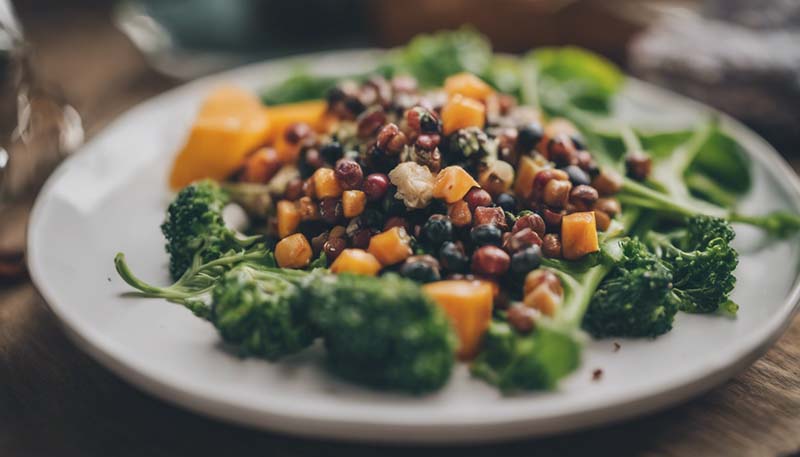
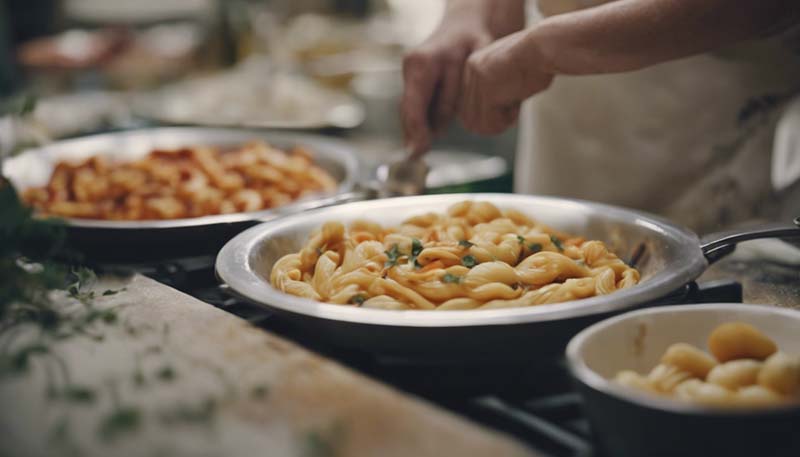
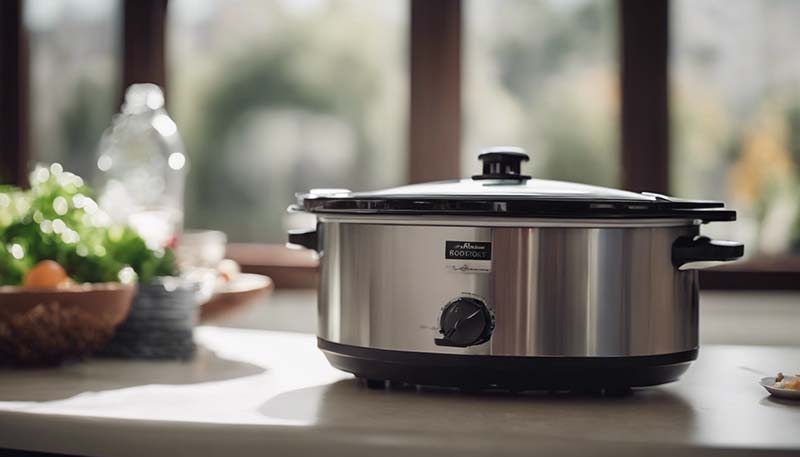
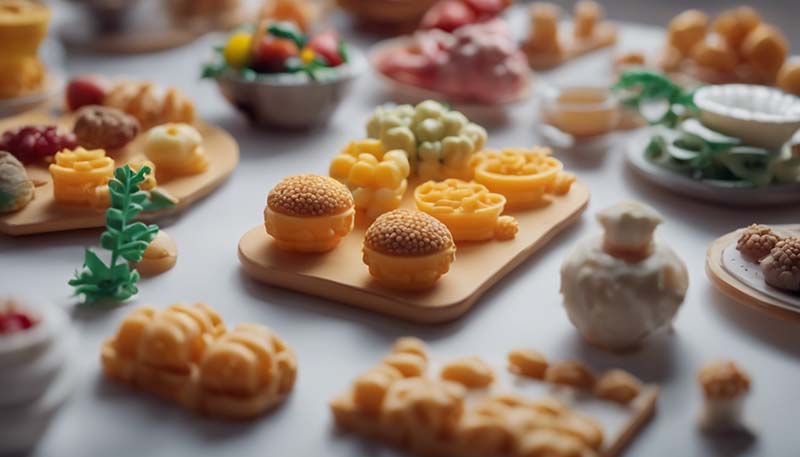
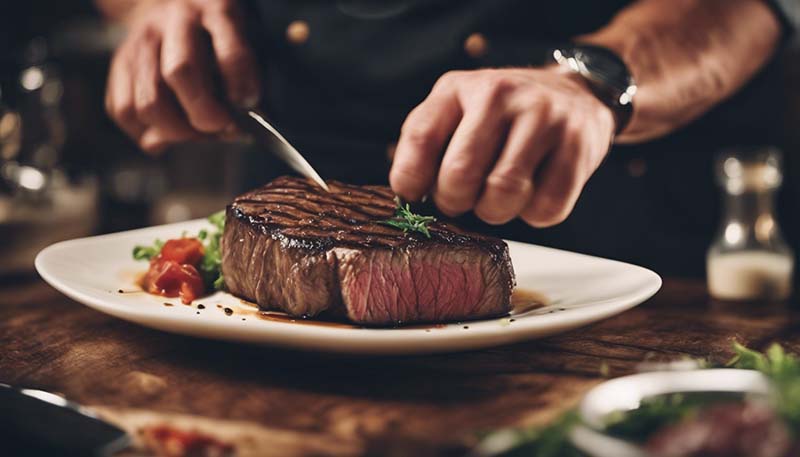
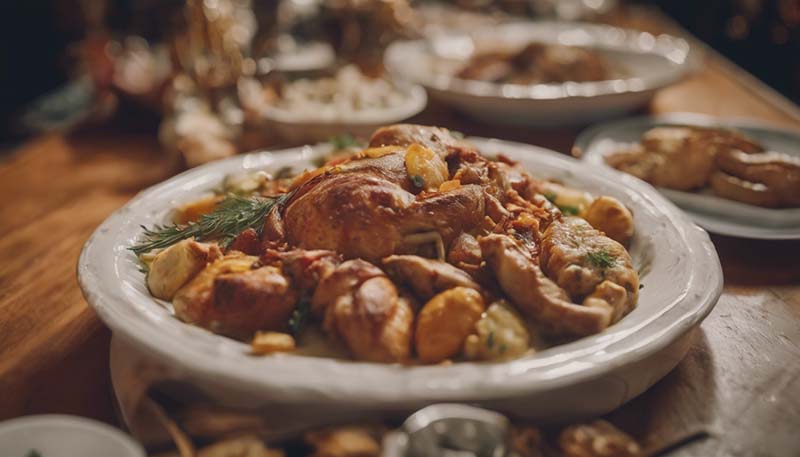
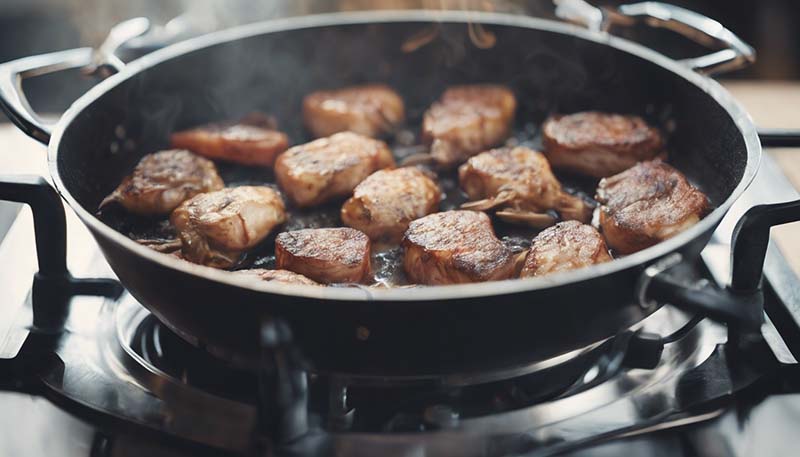
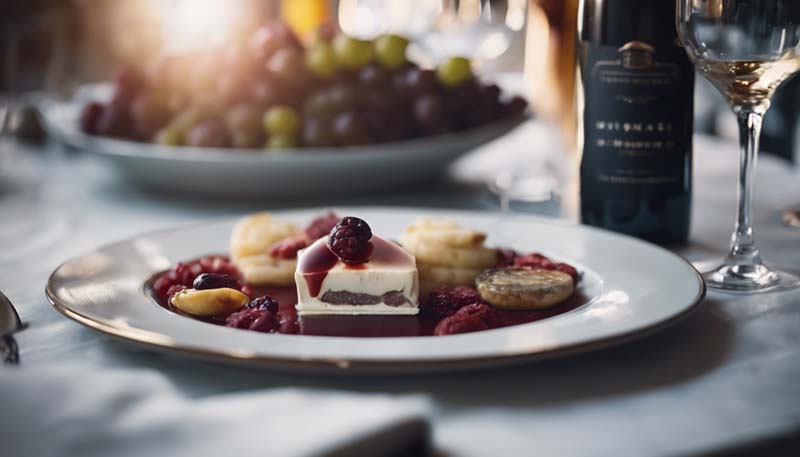
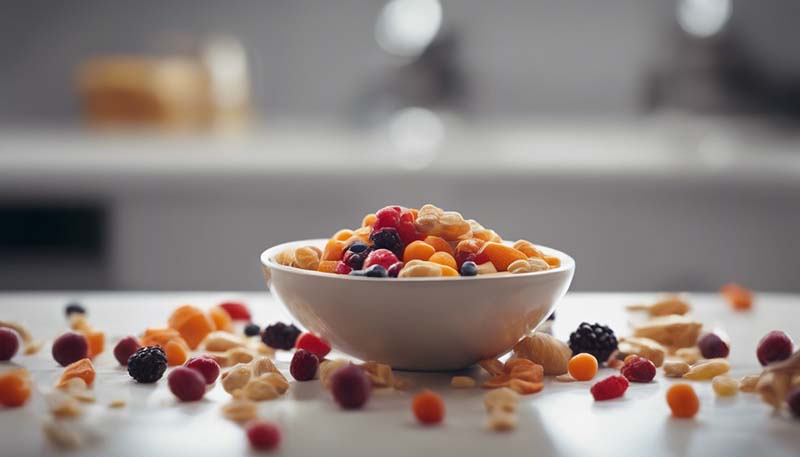
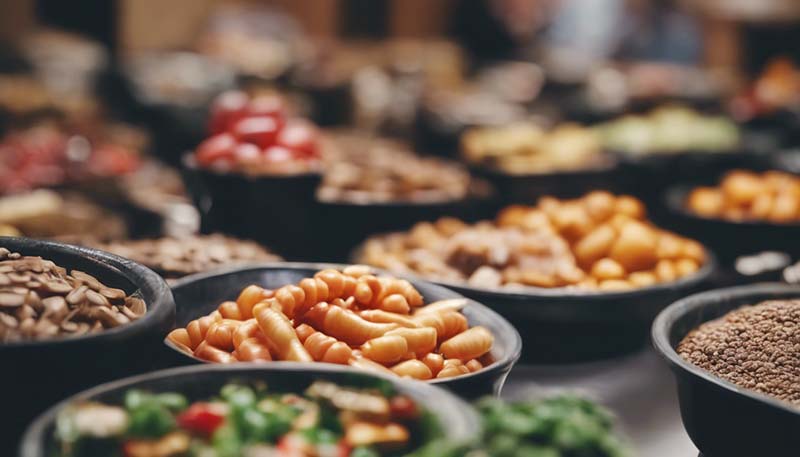
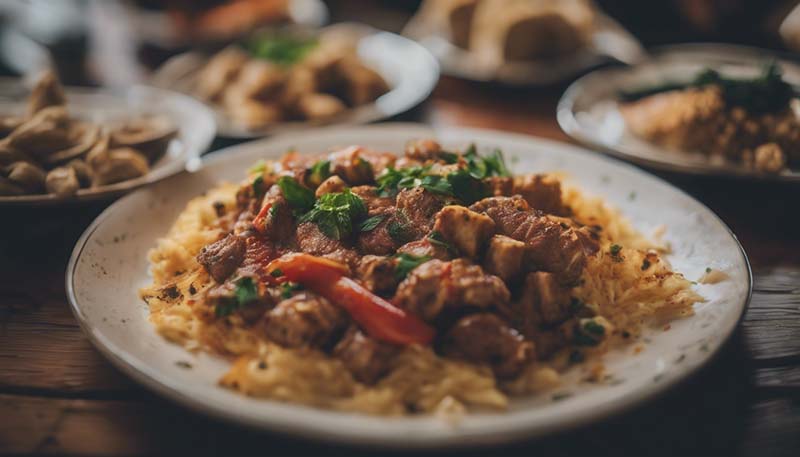
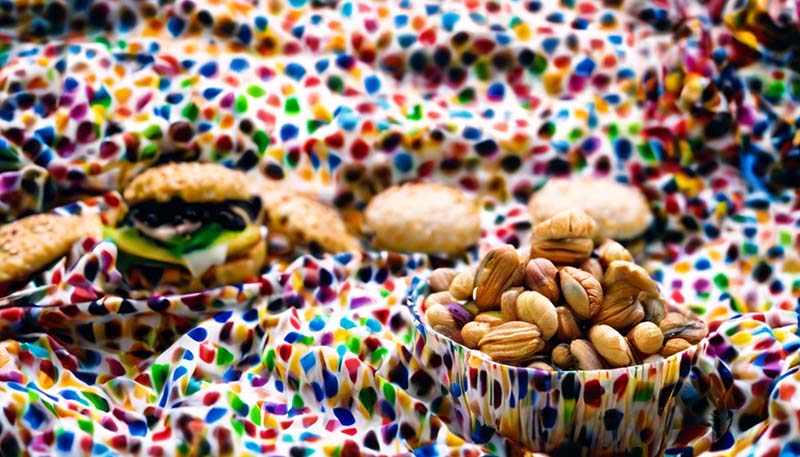
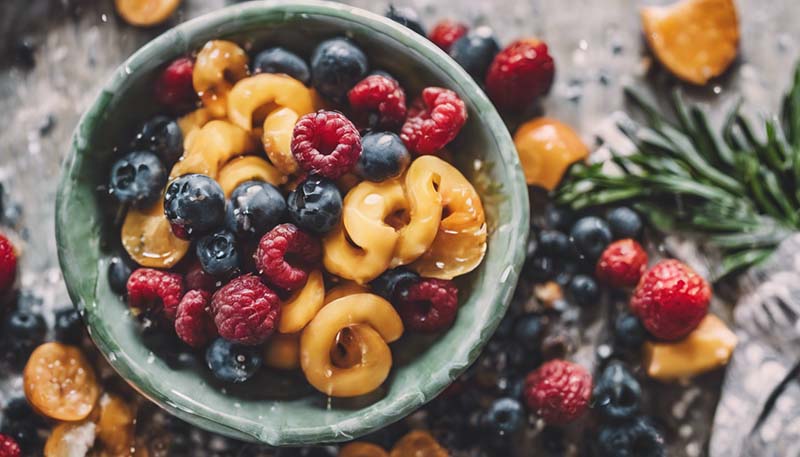
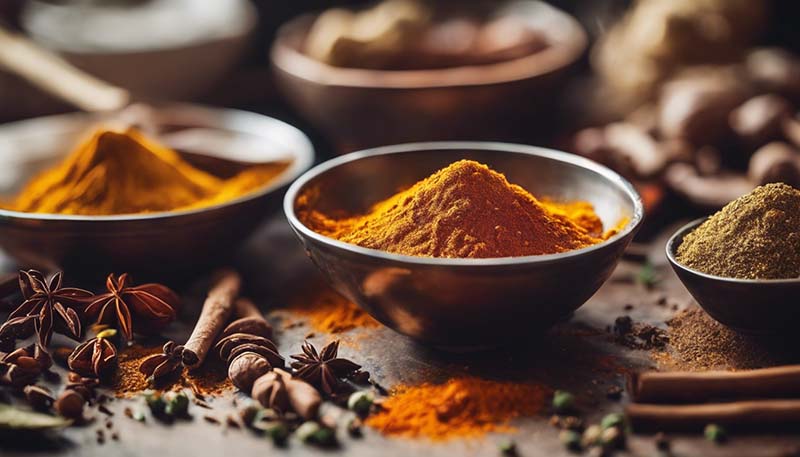
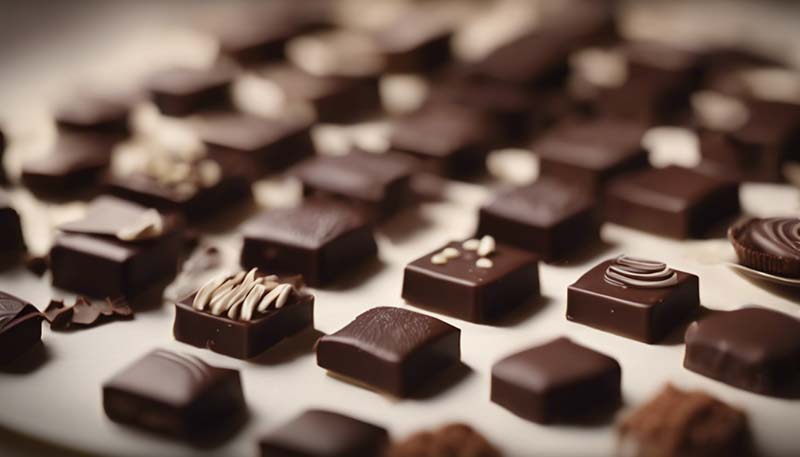
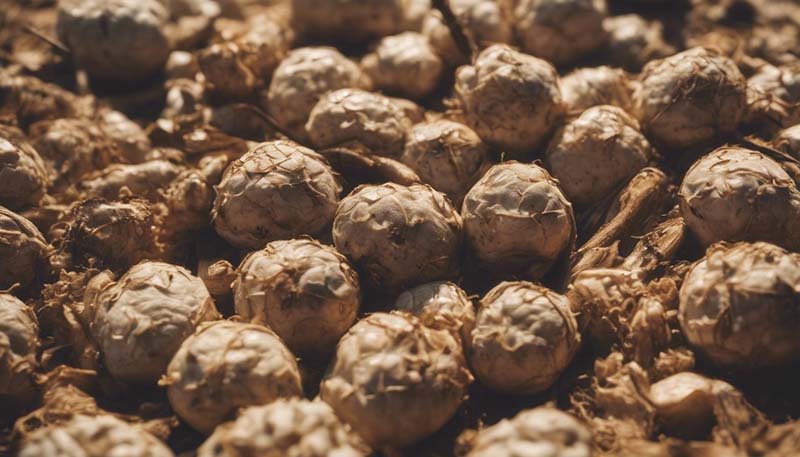
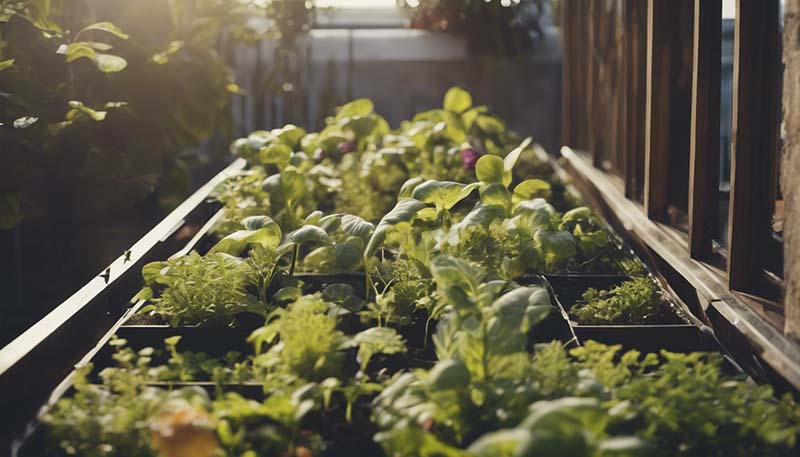
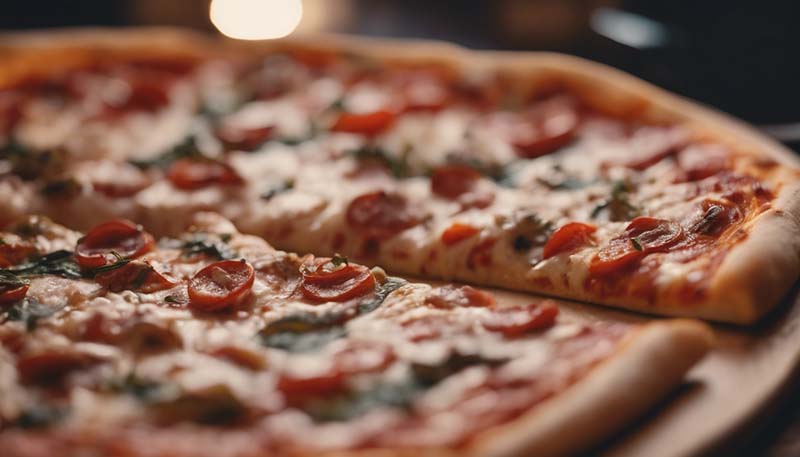
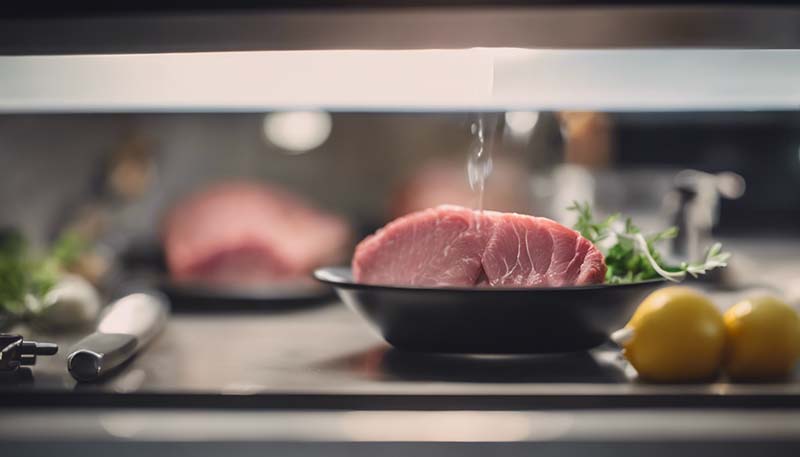
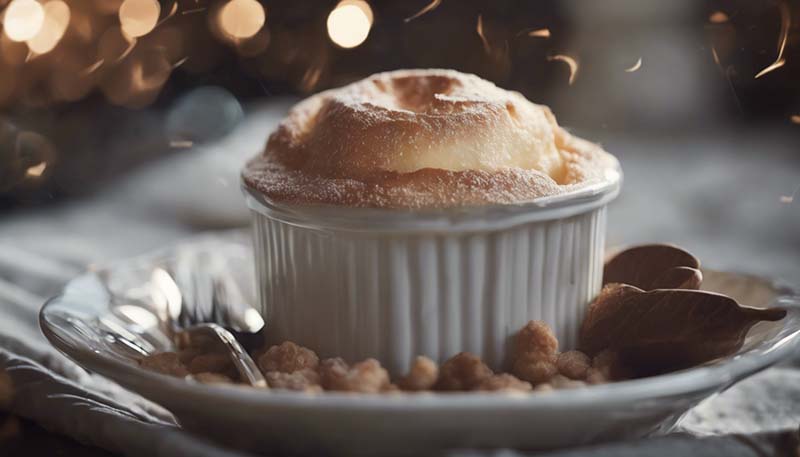
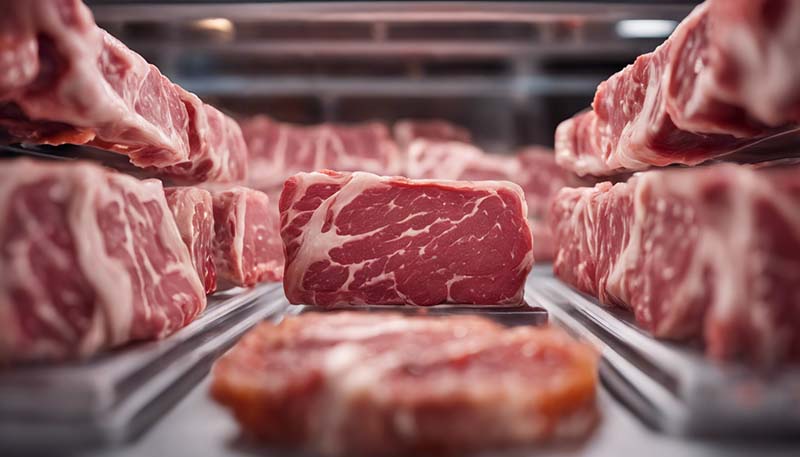
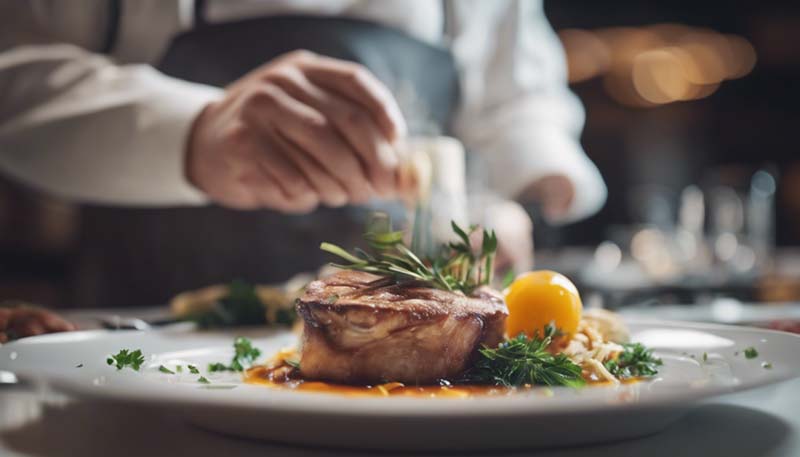
Leave a comment